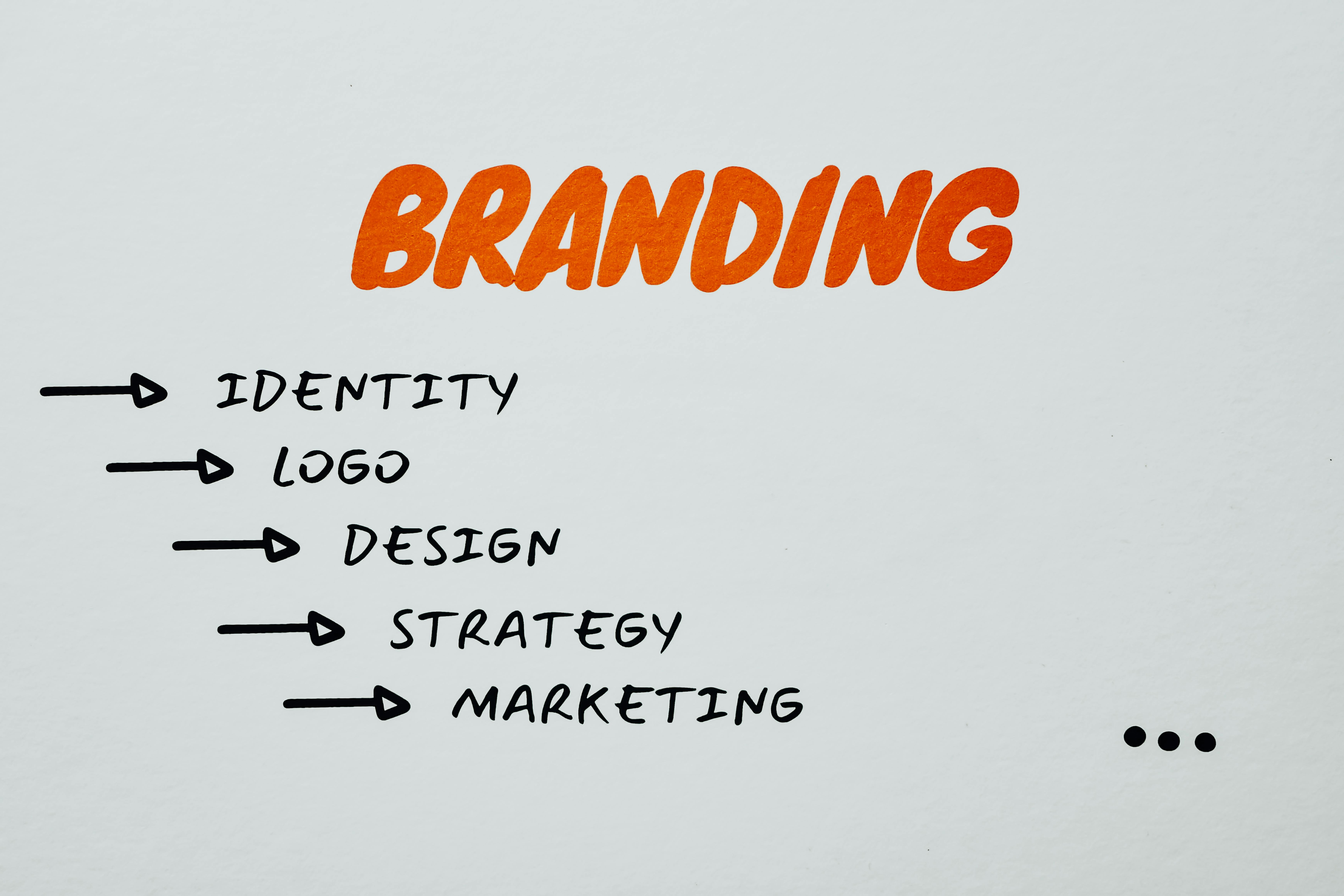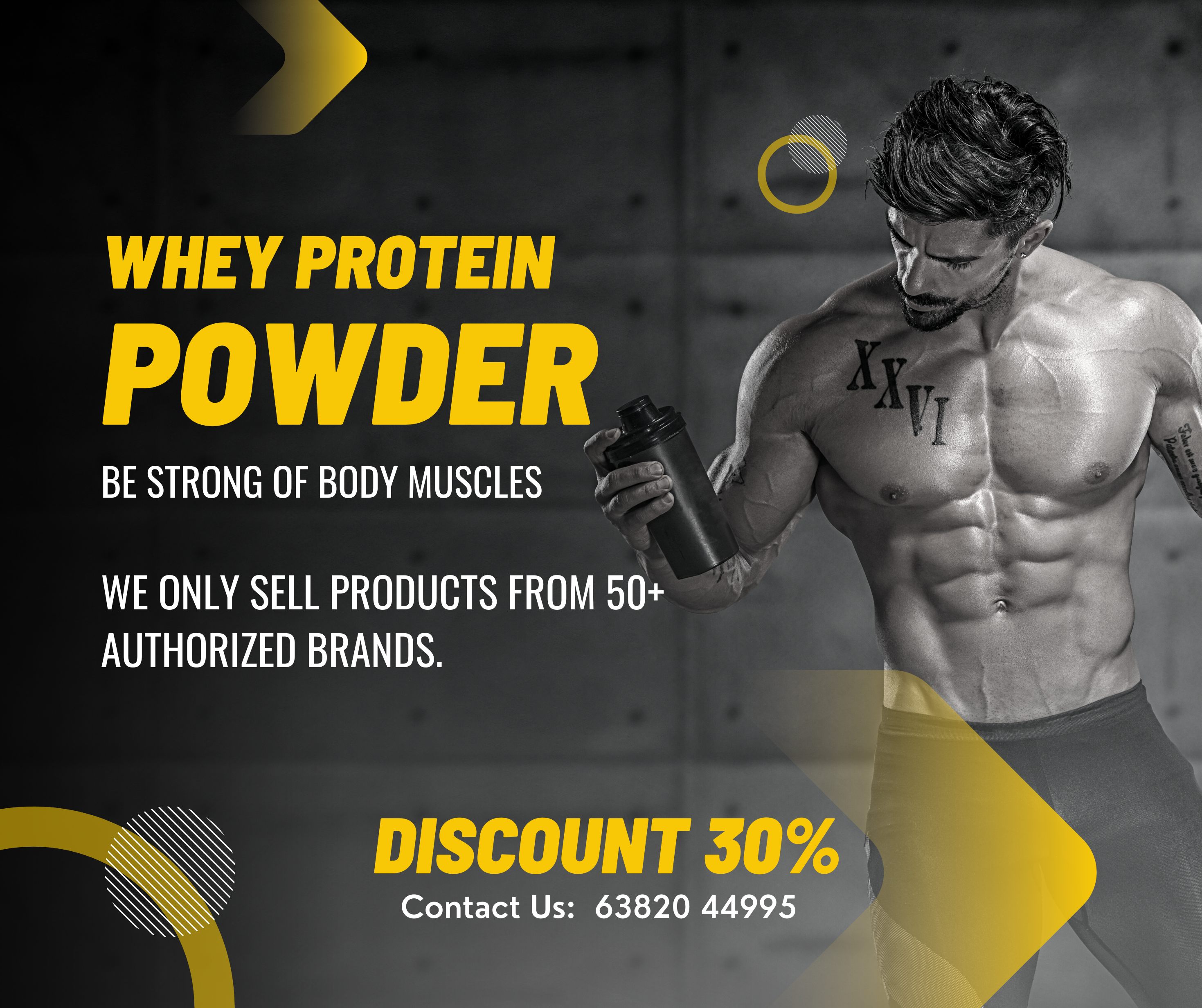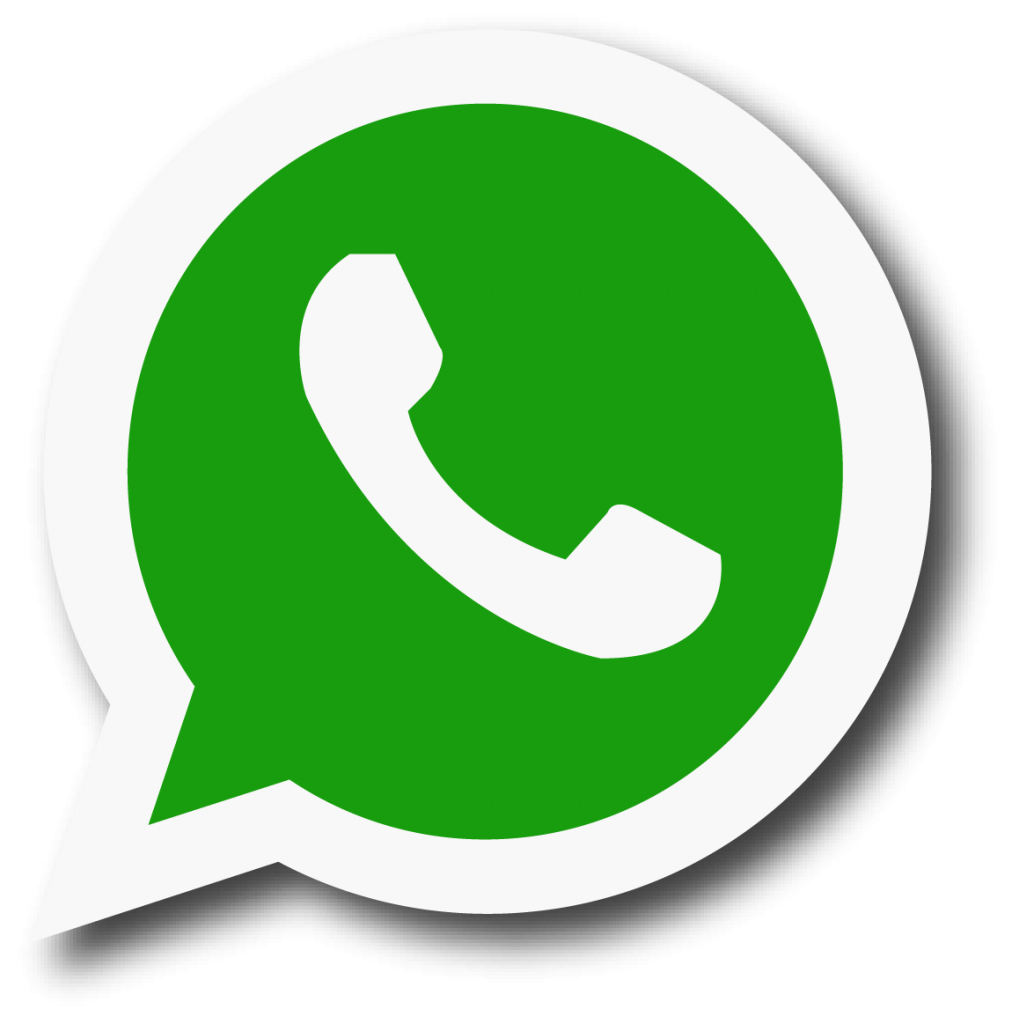SEARCH ENGINE OPTIMIZATION (SEO)
SEO, or Search Engine Optimization, boosts website visibility on search engine results pages. It involves keyword research, on-page optimization, technical enhancements, and off-page strategies like link building. Quality content, user experience, and local SEO are essential. Regular monitoring with tools like Google Analytics ensures continuous improvement in search rankings and traffic.
- Keyword Research: Identify relevant and high-volume keywords to target in your content.
- On-Page Optimization: Optimize meta tags, headings, URLs, and content for target keywords.
- Technical Enhancements: Improve website speed, mobile-friendliness, crawlability, and security.
- Off-Page Strategies: Build high-quality backlinks, engage in social media marketing, and manage online reput.
SOCIAL MEDIA MARKETING (SMM)
Social media marketing utilizes platforms like Facebook, Instagram, and Twitter to connect with audiences, boost brand awareness, and drive engagement. It involves content creation, community interaction, and targeted advertising to achieve marketing goals. By understanding audience demographics and behaviors, businesses can optimize their strategies for maximum effectiveness and results.
- Audience Engagement: Interact with followers through comments, messages, and shares to build relationships and foster brand loyalty.
- Content strategy: Create diverse and compelling content tailored to each platform to captivate audiences and encourage interaction.
- Data analysis: Regularly monitor social media metrics to track performance, identify trends, and optimize strategies for better results.
- Paind advertising: Utilize targeted ads to reach specific demographics, drive website traffic, and generate leads or conversions.
PAY-PER CLICK (PPC)
PPC (Pay-Per-Click) advertising is a digital marketing model where advertisers pay a fee each time their ad is clicked. It allows businesses to display ads on search engines and websites, targeting specific keywords or audiences. PPC offers precise targeting, instant visibility, measurable results, and flexibility in budget management.
- Target Reach: PPC enables advertisers to target specific audiences based on demographics, interests, and behavior, ensuring ads reach relevant users likely to convert.
- Cost Control: With PPC, advertisers have full control over their budget, bid strategy, and ad spending, allowing for efficient allocation of resources and cost-effective campaigns.
- Measurable Results: PPC platforms offer detailed analytics and performance metrics, providing insights into ad performance, conversion rates, and ROI, enabling advertisers to refine strategies for optimal results.
MARKETING AUTOMATON
Marketing automation streamlines repetitive tasks such as email marketing, lead nurturing, and social media posting, using software platforms. It enables personalized communication with leads and customers at scale, based on their behavior and interests. Marketing automation improves efficiency, enhances customer engagement, and drives higher conversion rates.
















